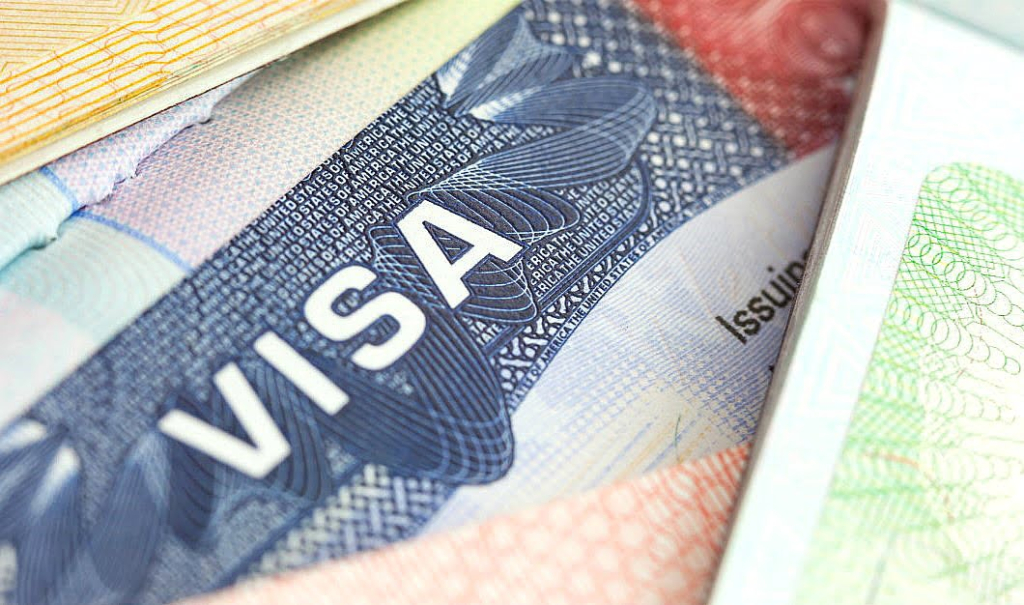The United States has issued a direct warning to Nigerian citizens against attempting to secure visas primarily for childbirth purposes, emphasizing that such actions violate immigration rules and will lead to visa denials. In a recent post on the social media platform X, the U.S. Mission in Nigeria clarified its stance, stating consular officers may reject applications if there is suspicion that childbirth-driven citizenship acquisition—a practice known as “birth tourism”—is the primary motivation. “Using your visa to travel for the main purpose of giving birth in the United States is not permitted,” the statement read, underlining that children born on U.S. soil automatically gain citizenship under the 14th Amendment.
This advisory aligns with heightened scrutiny of visa applications amid increased enforcement targeting “birth tourism,” a decades-old phenomenon attracting global attention. While not explicitly illegal, the U.S. government has long discouraged the practice, citing concerns over misuse of temporary visas. Officials argue that stricter oversight aims to preserve the integrity of immigration systems, particularly as countries like the U.S. and Canada grapple with debates over citizenship laws.
The warning follows recent policy shifts affecting Nigerian travelers. Earlier this year, the U.S. State Department revised visa reciprocity rules for Nigeria, limiting most non-diplomatic, non-immigrant visas to single-entry status with a three-month validity period—a downgrade from previous multi-entry options. Authorities linked the change to global security standards, emphasizing alignment with technical benchmarks to prevent misuse. Critics, however, argue such measures disproportionately impact certain nationalities, though U.S. officials maintain policies apply uniformly based on bilateral agreements.
Birthright citizenship remains a contentious issue globally, with few countries offering unconditional citizenship by birth. While the U.S. Constitution guarantees this right, recent years have seen legislative proposals to curtail it, particularly targeting perceived exploitation. U.S. agencies have ramped up monitoring, with cases of pregnant travelers being questioned at airports and visa applicants required to provide clearer proof of non-medical travel intent. For Nigerian nationals, the dual impact of stricter visa rules and anti-birth tourism measures could complicate travel plans, especially for those seeking medical services abroad.
As debates over immigration reform persist, the latest guidance reinforces the Biden administration’s balancing act: upholding long-standing legal frameworks while addressing loopholes critics argue undermine fair processes. For prospective travelers, the message is unequivocal—visas must align with declared purposes, with consular officers exercising broader discretion to assess intentions. How this impacts broader U.S.-Nigeria diplomatic and cultural ties remains to be seen, but the emphasis on compliance signals a tightening landscape for cross-border mobility.
